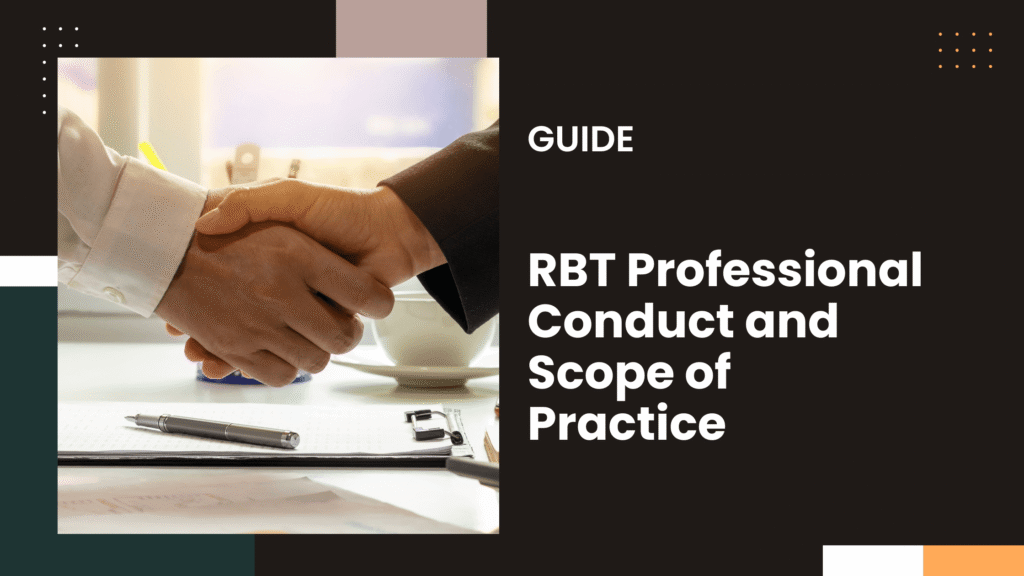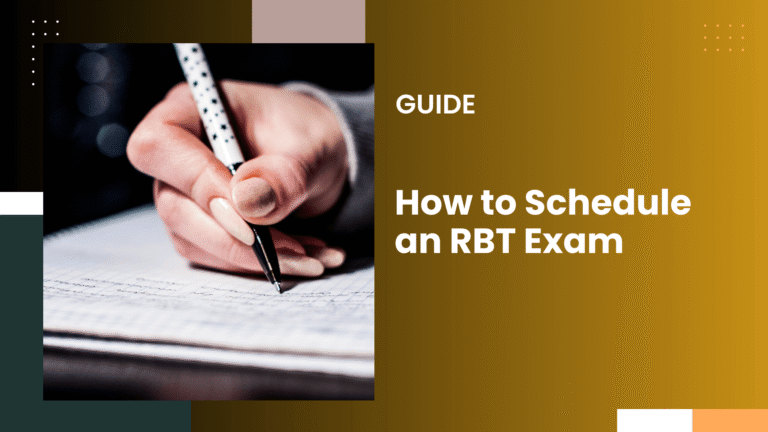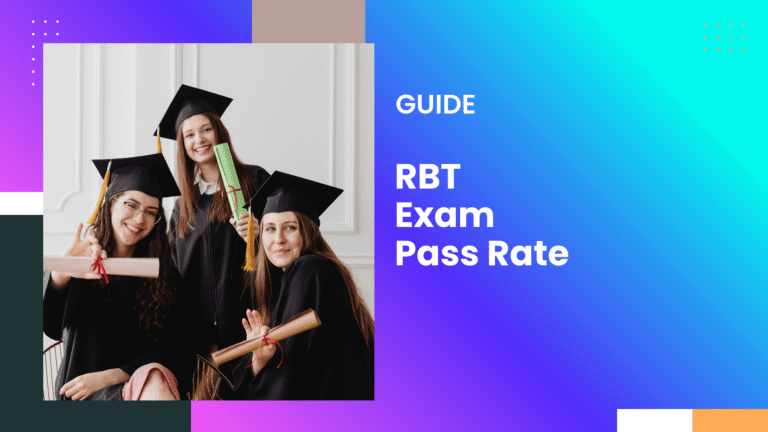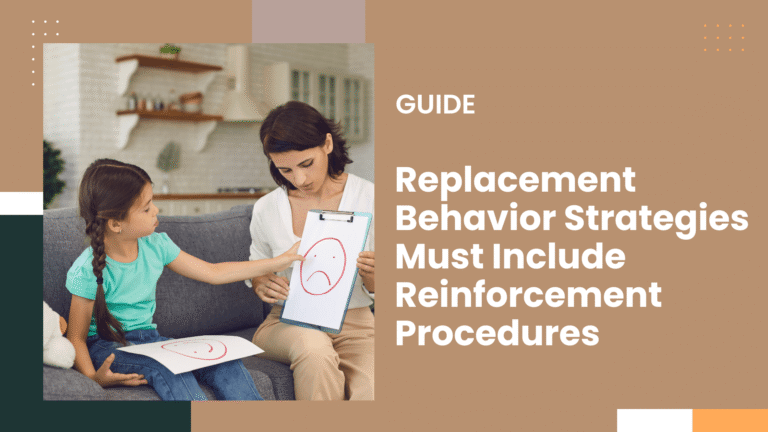RBT Professional Conduct and Scope of Practice | 12 Mock Test Free

Practice free RBT Professional Conduct and Scope of Practice Quiz like real exam questions, learn to navigate workplace scenarios, and build confidence—all with no sign-up required. Start now and prepare smarter, not harder.
When I first started supervising new RBTs, I noticed something right away: most of them are laser-focused on data collection, reinforcement schedules, and extinction procedures, which makes sense. That’s the technical side of the job, and it’s heavily tested on the exam.
But what too many overlook is the part that can actually get you into trouble fastest: professional conduct and scope of practice.
I always tell my trainees, “You don’t get fired for writing down the wrong frequency. You get fired for overstepping your role or mishandling an ethical boundary.”
That’s why I make the Professional Conduct and Scope of Practice Quiz a non-negotiable part of prep.
It’s more than a study tool—it’s a reality check.
This quiz puts you in the kinds of situations you’ll definitely face on the job: What do you do if a parent asks you to adjust a program?
Can you accept a $20 Starbucks gift card from a client’s mom? How often should your BCBA observe you in session?
Practicing these questions helped me reinforce one of the most important habits in this field: knowing when to ask, and knowing when to say no.
So if you’re preparing for the RBT exam—or just want to feel more confident in your role—don’t skip this quiz. Take it seriously. Because knowing the science is only half the job.
The other half is showing up professionally, ethically, and within your scope—every single time.
Related Test:







